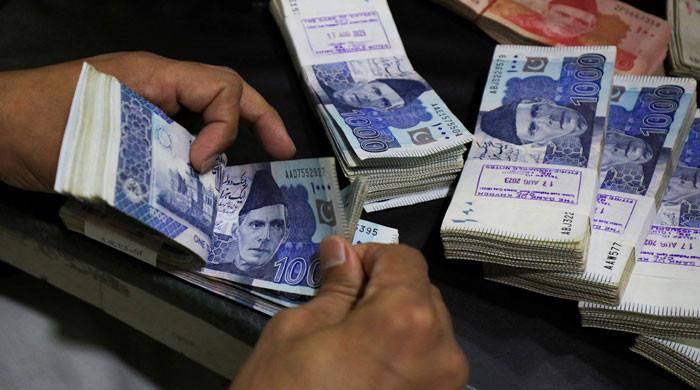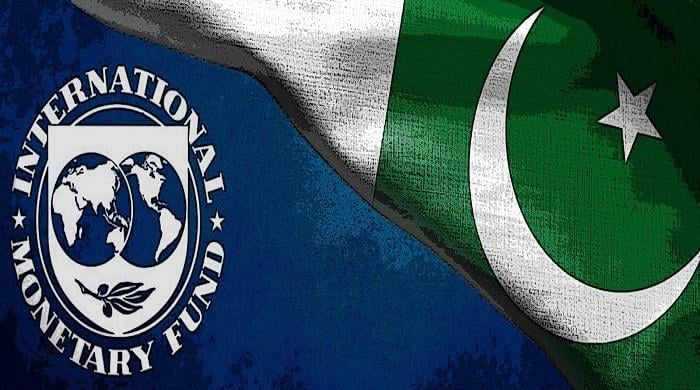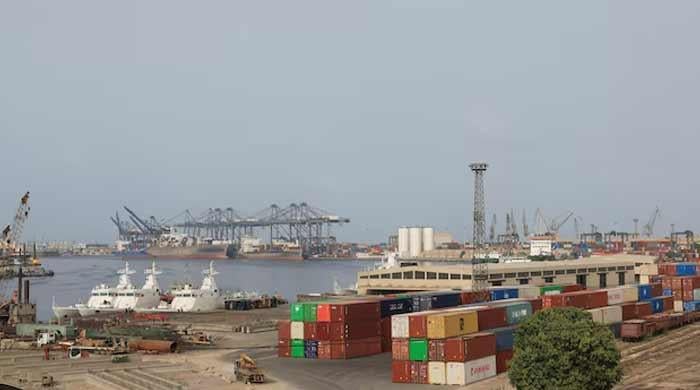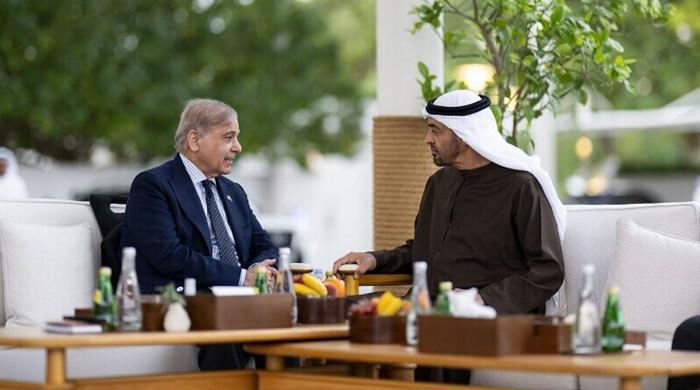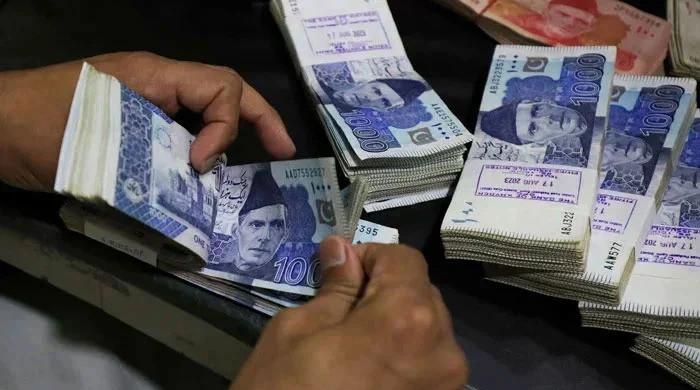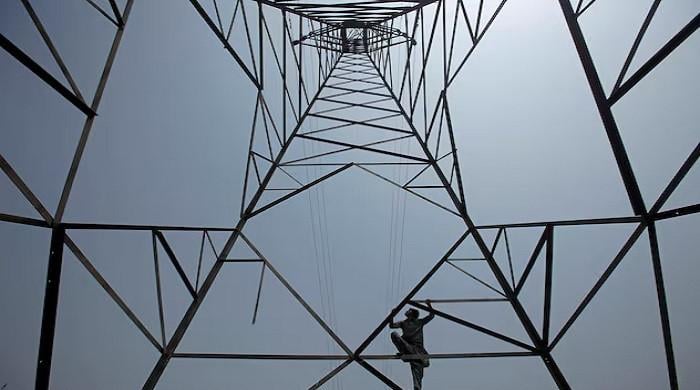No respite: Inflation edges up to 24.5% in December
Despite a slight increase of 0.7% in index movement, consumer goods remain out of people's range
January 02, 2023
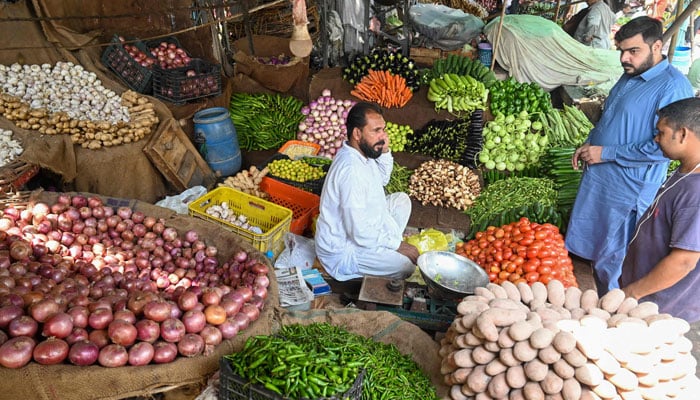
- Despite a slight increase, goods remain out of people's range.
- Monthly inflation rate slows down to 0.5% in December.
- Uptick in the rate of increase in perishable food items major reason.
In line with the market expectations, consumer prices increased rather slowly to 24.5% in December amid persistent inflationary pressures, indicating no letup for the people, whose purchasing power has already hit rock bottom.
The Consumer Price Index (CPI), the inflation monitor, rose to 24.5% in December from 12.3% in the same period last year, the Pakistan Bureau of Statistics (PBS) reported on Monday.
Despite a slight increase of 0.7% in the index movement, the majority of the consumer goods remained out of the people's reach.
The inflation rate, however, was not in line with the Ministry of Finance’s expectations, which ranged from 21% to 23%.
Data further showed that the month-on-month inflation rate slowed down to 0.5% in December.
The reason behind a slight increase in the inflation rate was an uptick in the rate of increase in perishable food items.
Samiullah Tariq, Pakistan-Kuwait Investment Company Head of Research, told Geo.tv that inflation has been high due to the impact of higher international commodity prices on the back of the Ukraine war, damage to crops due to floods and rupee depreciation.
“Inflation would become lower post-June 2023 when the impact of adjustments dilutes,” he predicted.
Sector-wise breakdown
Food inflation surged by 32.7% in cities and 37.9% in villages/towns last month, respectively, showed the PBS data. Prices of both perishable and nonperishable food products went up significantly compared to the same period last year.
The food group prices surged by over one-fourth in December compared to the same month a year ago. But prices of perishable food items soared by 55.93%, which still shows a significant demand and supply gap.
Prices of onions increased by 415% compared to a year ago followed by a 64% increase in rates of tea and a 58% rise in that of wheat. Vegetable ghee and cooking oil prices surged up to 32%, milk fresh 26% and rice 47%, according to the PBS.
Prices of the alcoholic beverages and tobacco group soared by 35% while those of the clothing and footwear group surged by 17.22%.
Core inflation, which is calculated after excluding the volatile energy and food prices, increased in December to 14.7% in urban areas and 19% in rural areas. The core inflation is still higher, indicating the underlying inflationary pressures.
The non-food inflation rate was 14.8% in cities and 20.7% in villages. Prices of housing, water, electricity and gas fuels group were higher by nearly 7%.
The transport group saw a price hike of 42%, according to PBS. Petroleum prices witnessed a record-high increase in 2022, going up almost 60%, which was the highest increase in a year.
For the July-December period of the current fiscal year, average inflation came in at 25.02%, which was nearly three-fold compared to 9.81% in the same period of the last fiscal year 2021-22.
'Inflation to remain elevated'
Economist Sana Tawfiq, while speaking to Geo.tv, cited an increase in the prices of perishable goods — fresh vegetables, poultry, etc — and an uptick in the recreation and culture index — which is related to winter break in schools and colleges — as major contributors.
“Overall, there was no major change that was in line with the expectations,” she said, adding that the number was expected to remain elevated because of base difference.
However, the economist said that continuous increase in core inflation was a “major concern”. Keeping all these in view, Tawfiq said it was expected that the State Bank of Pakistan (SBP) will further hike monetary policy interest rates in its next policy announcement due on January 23.
Regarding the inflation outlook, she predicted that “the CPI inflation will remain elevated till May as the International Monetary Fund (IMF) is to be revived; however, it is expected to decline gradually as base-effect kicks”.
But in the second half of the ongoing fiscal year season factors, including Ramazan and Eid, will have an impact on the number, she added.





